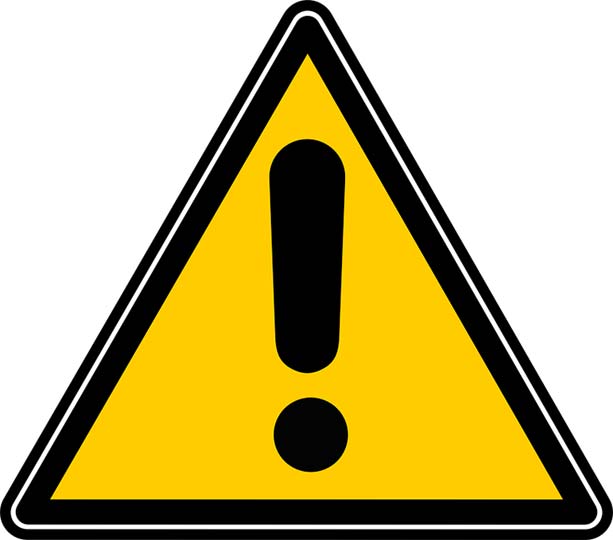
Consumers may be surprised to learn their favorite scented products may contain some less-entrancing ingredients, according to a new report.
A study released Wednesday by Breast Cancer Prevention Partners found a host of unlisted chemicals in commonly used products, with most coming from the scents used to boost their allure. Many bear celebrity labels or are sold to vulnerable populations, it said.
Even as some retailers, states and manufacturers have begun to respond to consumer demands for more detailed ingredient disclosures, scents remain something of a black box.
Often listed under generic terms such as "perfume" or "fragrance," more than three-fourths of the chemicals of concern were in the fragrance component of the products tested, the study found. Separately, a federal bill that would mandate listing those substances is expected to be introduced this week.
"We found fragrance chemicals linked to cancer, birth defects, endocrine disruption and other serious health conditions in everything from children's shampoo to body lotion to perfumes," said Janet Nudelman, director of Program and Policy at the organization and director of its Campaign for Safe Cosmetics. "Our report shows that consumers and salon workers have good reason to wonder and worry about the presence - and the safety - of secret fragrance ingredients."
More than one-fourth of the ingredients identified in the products most extensively tested contained substances linked to cancer and to respiratory, developmental and reproductive problems, according to the report. Even products labeled as unscented are not necessarily exempt, given that they can contain so-called masking chemicals to produce a neutral odor.
The product listed in the report as having the most chemicals of concern is a Strength of Nature Just for Me children's shampoo, part of a kit for relaxing hair. Also high on the list was Revlon Inc.'s Wonderstruck Taylor Swift fragrance, endorsed by the singer.
Email requests for comments made to Strength of Nature and Revlon before regular office hours were not immediately returned.
The cosmetics and personal-care industry has been mostly self-regulated, though states and retailers such as Walmart Inc. have taken measures in recent years to require makers to disclose or eliminate some ingredients, and several states have introduced bills on listing fragrance ingredients and other heightened scrutiny of products. Previous federal bills to more closely regulate cosmetics have exempted fragrance, according to Nudelman.
Representative Jan Schakowsky, an Illinois Democrat, was expected Wednesday to unveil the Safe Cosmetics and Personal Care Products Act of 2018. It calls for listing all ingredients, including fragrances, on packaging and having the U.S. Food and Drug Administration establish a list of banned ingredients.
Consumer-products makers are getting on board, too. In early 2017, Unilever said it would begin listing fragrance ingredients online and expand the labeling of fragrance allergens to its U.S. products. Procter & Gamble Co. followed suit later that year, and Johnson & Johnson said in August it would list all ingredients in its baby products.
Nudelman praised their actions but said national legislation mandating ingredient disclosure is needed, and her group's report found chemicals of concern in some goods made by those companies. All three had products in the top 10 of the report, including Unilever's Axe Phoenix body spray, popular with teenage boys.
Emails asking for comments to Unilever, P&G and Johnson & Johnson were not immediately returned.
Nudelman's group recommends that companies draft lists of substances they will not use and disclose every substance in products - including flavoring, colorants and contaminants - as part of developing a broader chemical-management plan.
In many cases, large manufacturers don't know what's in their fragrances, which are usually sourced from one of several big makers, Nudelman said. The self-regulated industry is able to hide specific ingredients under the umbrella of terms such as "fragrance," she said.
When Jessica Iclisoy started California Baby more than 20 years ago, she had trouble finding lavender oil for the shampoos and lotions she was concocting using only plant oils. When she asked a large fragrance maker to send samples made from pure lavender, she received a synthetic version instead. The company began importing lavender from France; it also maintains fields in California to grow its fragrance ingredients.
"I had to do a lot of investigation and digging," Iclisoy said. "The attitude was kind of like, 'It's none of your business.' "


 Contact The Editor
Contact The Editor
 Articles By This Author
Articles By This Author